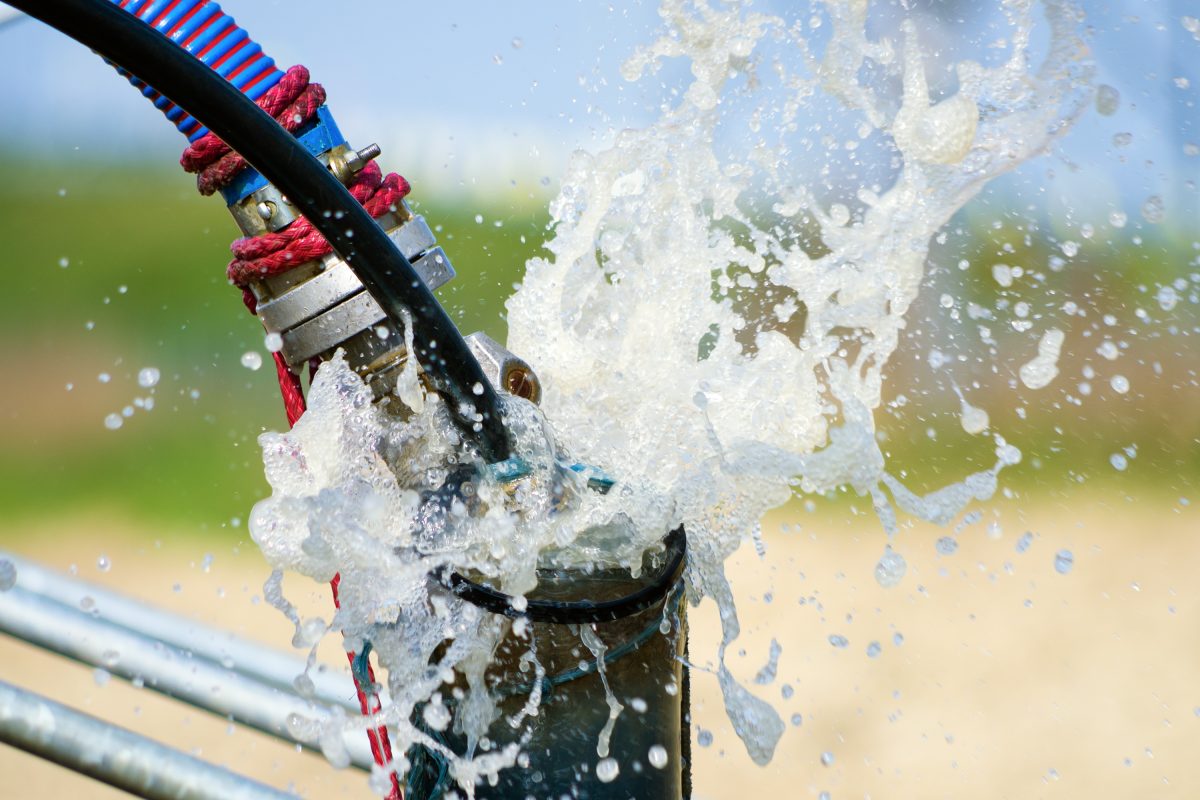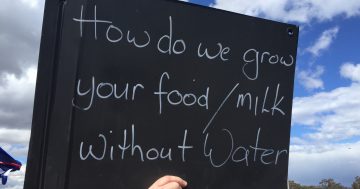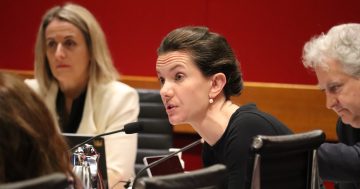
Griffith irrigators have been fined for taking water from an at-risk groundwater source. Photo: File.
Two Riverina irrigators have been slapped with substantial fines by the NSW Land and Environment Court over breaches of state water laws.
The owner of a property southwest of Griffith which grows grapes, cotton, wheat, canola, barley and corn pleaded guilty to five charges for illegally taking water from the at-risk Murrumbidgee Deep Groundwater Source between 2017 and 2020.
The irrigator was convicted of taking water from an at-risk groundwater source and fined a total of $156,250 and was also ordered to pay $60,000 in costs.
The case involved the over-extraction of more than 7000 megalitres – the equivalent of around 3000 Olympic swimming pools – from various bores, with an estimated market value of $1.1 million. Lisa Stockley from Natural Resources Access Regulator (NRAR), said it was vital that fragile underground water resources were protected.
“Groundwater is the unseen water source. People don’t realise what damage can be done. If groundwater is taken faster than it is being replaced or ‘recharged’ it can lead to long-term problems for the communities, enterprises, and ecosystems that rely on this water,” she explained.
“These systems can be ancient and depending on the recharge rate, any damage may take years to recover.”
In the second case, the owner of a mixed cropping enterprise near Griffith was found to have breached a bore extraction limit and ordered to pay a fine of $26,250 and $20,000 in costs.
The irrigator pleaded guilty to the single charge of breaching the conditions of his licence approval to over-extract 97.5 megalitres of water from a bore during a period of drought in 2019-20.
While the court accepted that the breach was inadvertent, it had an effect on the groundwater pressure in the aquifer and would have potentially impacted neighbouring water users.
Justice Sarah Prichard said that the defendant’s over-extraction posed an increased risk of harm to the environment.
“I treat that increased risk of harm seriously and consider it to undermine the regulatory scheme of the Water Management Act,” she said, adding that it was “inescapable” that the offence had occurred during a time of increased extraction from the Deep Groundwater Source and when it was at its second lowest level on record.









